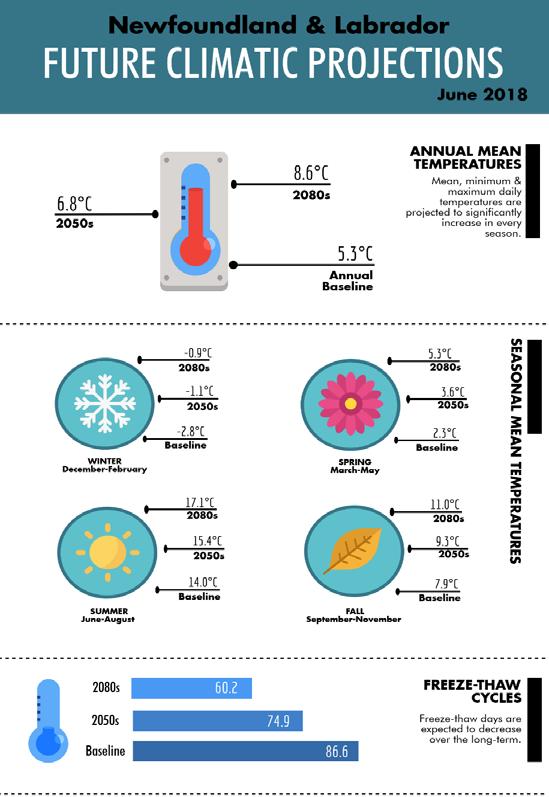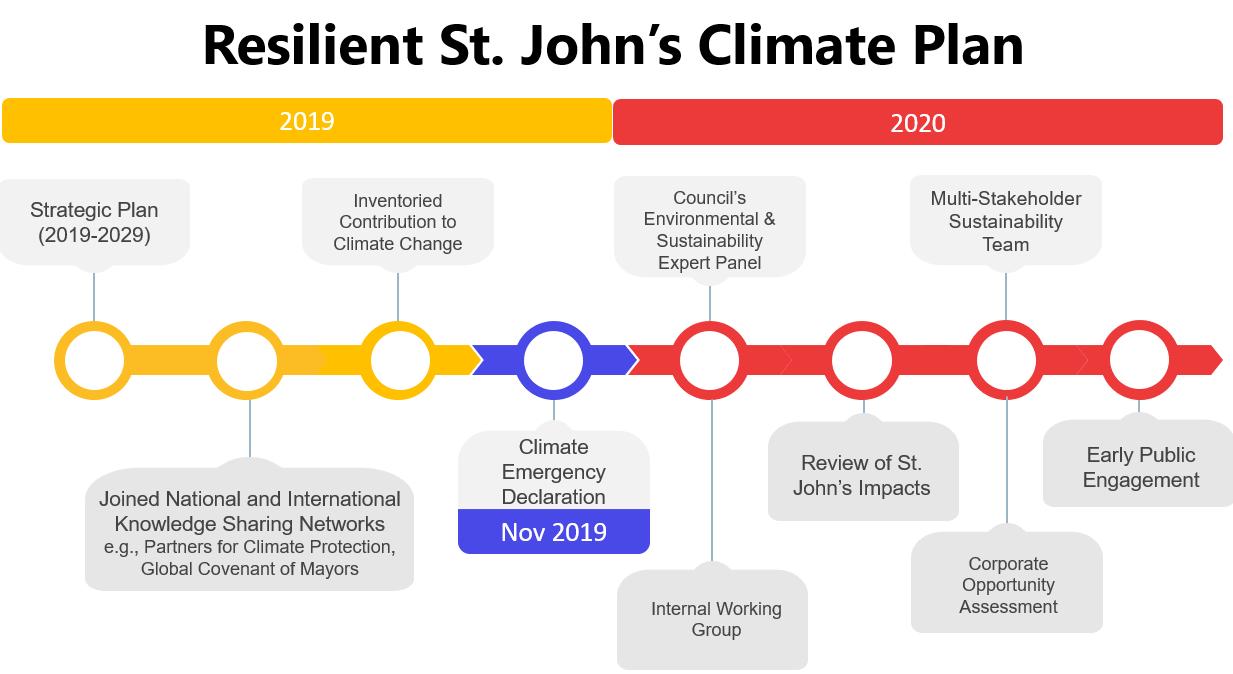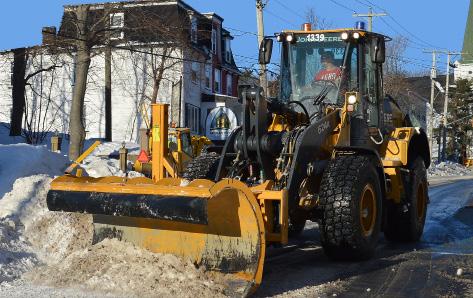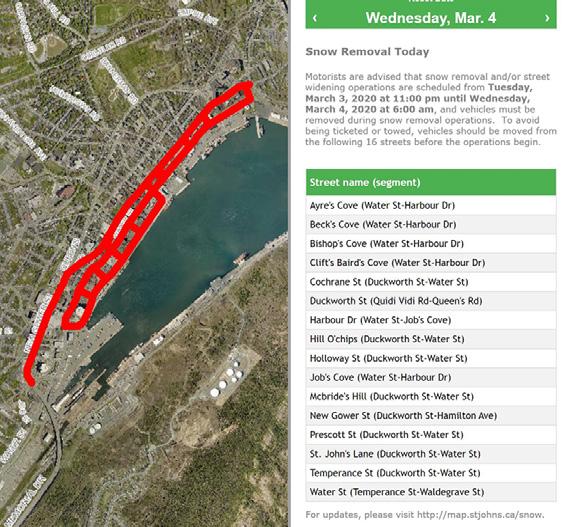
2 minute read
Sustainability
Addressing Climate Change
We need your input to tackle one of biggest challenge of our generation - Climate Change
Advertisement
At the City of St. John’s, we are developing a “Resilient St. John’s Plan.” The plan will support the community to: reduce the emission of greenhouse gases; stabilize energy costs to residents by supporting energy efficiency; and prepare the City to address the impacts from climate change.
It is important that the strategies in the plan represent community perceptions and ideas. How informed are you about climate change risks and greenhouse gases sources in St John’s? We’re inviting residents to share their vision of a resilient St. John’s and to learn more on our new engagement page at engagestohns.ca

Learn more about Sustainability at:
stjohns.ca >Living in St. John’s >Your City >Sustainability
Climate is the average weather in a location over a long period of time.
Climate has changed on all time scales throughout the earth’s history. Some things about the current change are not unusual, however, many observed changes are unprecedented.
The current climate change is mostly known from the effect it has had in warming the earth. This effect is primarily driven by changes in greenhouse gas emissions.
Greenhouse gases happen naturally in the earth’s atmosphere. They help the earth stay warm by trapping heat from the sun, allowing things to grow. However,
Impacts on our Economy
We know that climate change has environmental and social risks, but did you know that there are also financial risks that need to be addressed to ensure the stability of our economy? The World Economic Forum, Financial Stability Board, The Bank of Canada, and the Insurance Bureau of Canada have highlighted the risk of not addressing climate change and the benefits of acting sooner rather than later. In the latest research, the global economic impacts from climate change by 2100 is estimated to be close to $600 trillion if we meet existing global greenhouse gas reduction commitments, and over $800 trillion if we don’t. since the Industrial Revolution, human activity increased greenhouse gases beyond concentrations humans have ever seen. This comes from the burning of fossil fuels like coal, oil, natural gas, and changes in the environment (like unsustainable removal of trees, wetlands, and other matter that naturally remove greenhouse gases from the atmosphere).
Since the early 1900s earth’s temperature has risen about 1 degree and is continuing to warm. Impacts from current changes in climate are expected to worsen as more greenhouse gases are added to the atmosphere.
In St. John’s, annual average temperatures are projected to

almost double over the next 60 years. On September 30, 2020 City Council approved investment in a Community Energy Transition Model to inform the economic perspectives of the Resilient St. John’s Climate Plan.
CET Models are powerful economic analysis tools used by municipalities across Canada that offer up a present and future picture of how converting to a low-carbon community would impact our economy. This model will help Council identify the best strategies to eliminate greenhouse gas emissions (GHG) from communities.
The City’s new Multi-Stakeholder Sustainability Team will use this model and the research and engagement currently underway to provide Council with a “net-zero by 2050” plan.










